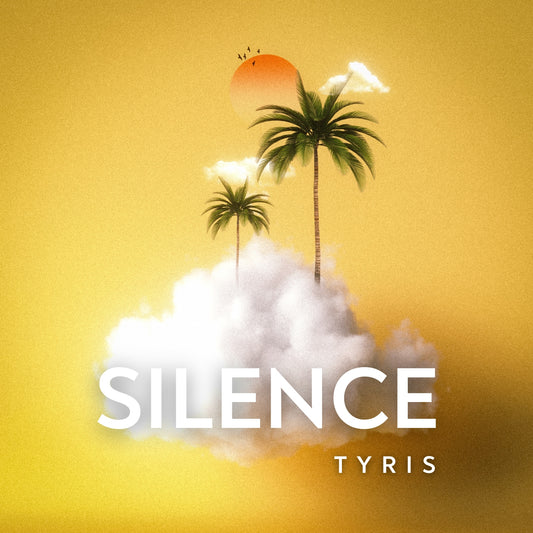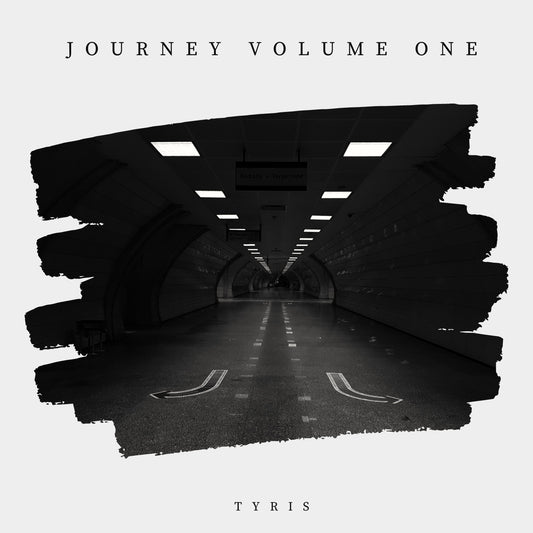
Title: The Soothing Symphony: Using Music to Get Better Sleep
Introduction
In a fast-paced world filled with stress and distractions, a good night's sleep has become a luxury for many. Sleep deprivation can lead to a plethora of health issues, including impaired cognitive function, weakened immunity, and mood disorders. Fortunately, there's a natural remedy that has been shown to significantly improve sleep quality: music. The therapeutic power of music in enhancing sleep is a topic that has garnered attention from researchers and experts alike. In this article, we will explore the science behind using music to achieve better sleep and provide practical tips for incorporating it into your bedtime routine.
The Science Behind Music and Sleep
1. Relaxation Response
The concept of using music to induce relaxation dates back centuries. Researchers like Dr. Michael H. Thaut have explored the profound effect of music on our physiological responses. When we listen to calming music, our bodies often exhibit a relaxation response characterized by lowered heart rate, reduced muscle tension, and slower breathing. These physical changes create an ideal physiological environment for falling asleep peacefully.
2. Stress Reduction
Psychological stress and anxiety are common culprits behind insomnia. Music has the remarkable ability to reduce stress and anxiety levels. A study published in the Journal of Advanced Nursing found that listening to soothing music before bedtime can significantly decrease anxiety and improve sleep quality in individuals with insomnia.
3. Enhanced Sleep Patterns
The relationship between music and sleep goes beyond mere relaxation. Dr. Thomas Dickson and his colleagues conducted a study in which participants listened to music for 45 minutes before bedtime. The results, published in the Journal of Sleep Research, showed that listening to music improved sleep efficiency and contributed to more consistent sleep patterns.
Choosing the Right Music
Not all music is created equal when it comes to improving sleep quality. To harness the benefits of music for better sleep, consider the following guidelines:
1. Slow Tempo: Music with a slow tempo (around 60-80 beats per minute) is ideal for relaxation and sleep. Classical, ambient, or instrumental tracks often fit this criterion.
2. Nature Sounds: The sounds of nature, such as rainfall, ocean waves, or gentle winds, can have a soothing effect on the mind and body.
3. Personal Preferences: While general guidelines can be helpful, individual preferences matter. Choose music that resonates with you personally, as it's more likely to have a positive impact.
4. Consistency: Create a playlist of calming music that you can listen to consistently before bedtime. This routine signals to your brain that it's time to wind down.
Practical Tips for Using Music to Improve Sleep
1. Create a Relaxing Bedtime Ritual: Incorporate music into your nightly routine by listening to it for 30-45 minutes before bed. Dim the lights, unwind, and allow the music to guide you into a state of relaxation.
2. Use Headphones: To eliminate potential disturbances, especially if you share a sleeping space, use comfortable headphones or earbuds.
3. Experiment and Adjust: Finding the perfect music for your sleep needs may take some experimentation. Be open to trying different genres and artists until you discover what works best for you.
4. Avoid Stimulation: Stay away from music that is overly energetic or contains lyrics that might engage your mind. The goal is to lull yourself into a tranquil state conducive to sleep.
Conclusion
In a world filled with external stimuli and constant stressors, achieving a good night's sleep is essential for our overall well-being. Music, with its ability to induce relaxation, reduce stress, and improve sleep patterns, offers a powerful natural remedy for sleeplessness. As science continues to unveil the therapeutic potential of music, integrating it into your bedtime routine may be the key to unlocking better sleep and a healthier, more balanced life. So, the next time you lay down to rest, consider letting the soothing symphony of music accompany you into the world of dreams.




